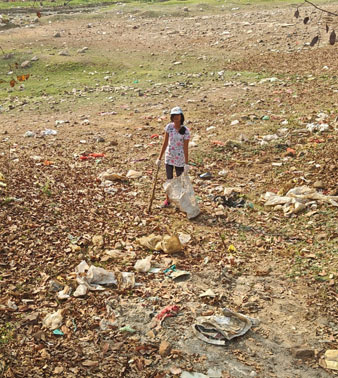Natives of Sahel Reap the Benefits of Reforestation
Rampant deforestation had led to drastic drop in crop and livestock yields, leading to chronic hunger and famine in Sahel, Africa. Women and children were forced to walk long distances in search of firewood. People were bound to burn manure and crop residues, which were the only source of fertilizer for farming. However, the stumps of many indigenous trees were still present in farmers’ fields and sent-up shoots each year—which the farmers routinely slashed and burned.
In 1984, the ‘farmer-managed natural regeneration’ (FMNR) was introduced in the region. Under this initative the farmers allowed the stumps to regenerate, as part of a ‘food for-work’ programme. As a result, more than 5 million ha of degraded land in Sahel were restored and over 200 million trees were re-established or planted. This increased the food security of millions of people and enhanced their resilience in the face of climate change.
Source: https://www.wocan.org/sites/default/files/Climate_smart_farming_successesWEB.pdf











